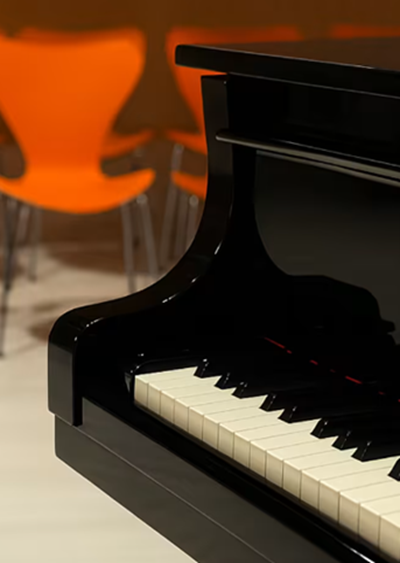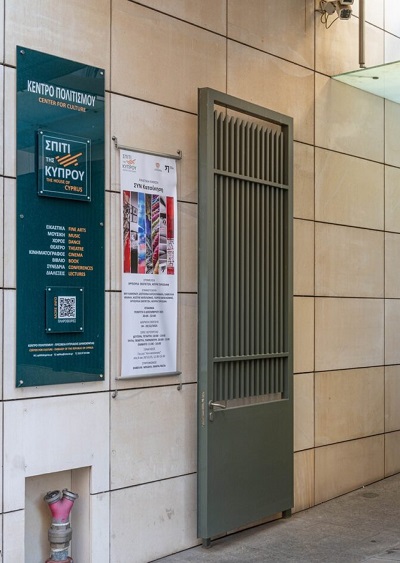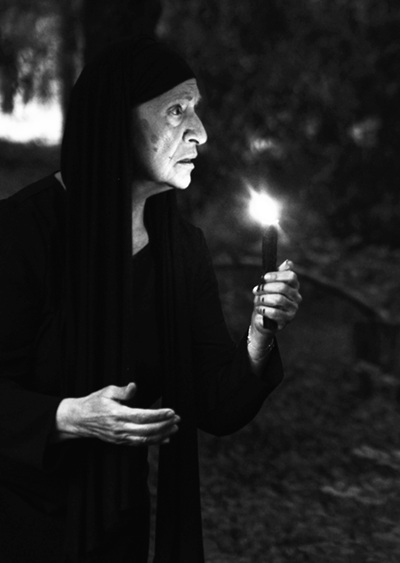
Minister of Culture Lina Mendoni, Li Xi, member of the Standing Committee of the Political Bureau of the Central Committee of the Communist Party of China, and Gerasimos Siassos, Rector of the University of Athens, opened the proceedings of the Forum “China-Greece Dialogue on Civilizational Mutual Learning: Harmony in Diversity, Beauty in Common,” held in the Ceremony Hall of the University of Athens.
Opening her speech and addressing Li Xi and the large Chinese delegation, Lina Mendoni emphasized: “Your presence here today is tangible proof that Greece and China have established strong bridges of mutual understanding and respect. With this in mind, they are constantly expanding and deepening their cooperation through science, knowledge, and culture.” The Minister highlighted the timeless contribution of the two countries to world history and philosophy, noting that: “Greece and China, two of the oldest and most respected civilizations in the world, have left an indelible mark on the history of humanity. From Socrates, Plato, and Aristotle to Confucius and Lao Tzu, the two peoples share philosophical traditions that seek virtue, moderation, social harmony, and the responsibility of leaders towards the common good. These values remain alive and unchanged, giving direction to our societies and providing tools to address the complex challenges of the 21st century.”
Lina Mendoni referred to the establishment of the Chinese School of Classical Studies in Athens, emphasizing that it is a milestone for Greek-Chinese relations, as “for the first time, an Asian country is creating a research institute for classical studies in Greece. Its aim is to bring together Greek and Chinese scientists, researchers, and students, to promote academic research, exchanges, and the study of classical civilizations. The presence of the School in Athens—a city that hosts nineteen other foreign archaeological schools—reinforces Greece’s role as a center of global cultural dialogue. It creates a space where East and West can meet, both to study the past and to respond to contemporary challenges with the guidance and experience of ancient wisdom. In this context, the Ministry of Culture is confident that the discussions that have begun with the Chinese School of Classical Studies in Athens for the launch of archaeological research programs in the near future will be fruitful. Cooperation in carrying out such programs contributes significantly to the promotion of topics of common interest in the field of methodology and practice of archaeological science. Above all, however, it brings colleagues together, enabling them to discuss and understand each other better, and to create the conditions for broader friendship and cooperation.
Lina Mendoni pointed out that intercultural dialogue “is not a theoretical exercise. It is a conscious act of peaceful coexistence and cooperation, a necessary condition for joint creative progress towards prosperity. From the ancient Silk Road to modern academic cooperation, our relationship is a continuous dialogue between East and West.” At the same time, he emphasized the value of cultural diversity as a fundamental prerequisite for peace and progress, since “every culture brings unique experiences, ideas, and values. When they meet, they do not cancel each other out. On the contrary, they enrich each other further and contribute exponentially to the progress of humanity. Cultural diversity is the capital and foundation of creativity. It is the prerequisite for a peaceful, just, and open world.
Li Xi referred to “the value of contemporary exchanges between two ancient civilizations and the flourishing bilateral cultural relations in recent years, through a series of initiatives and events in both countries.”







Leave A Comment